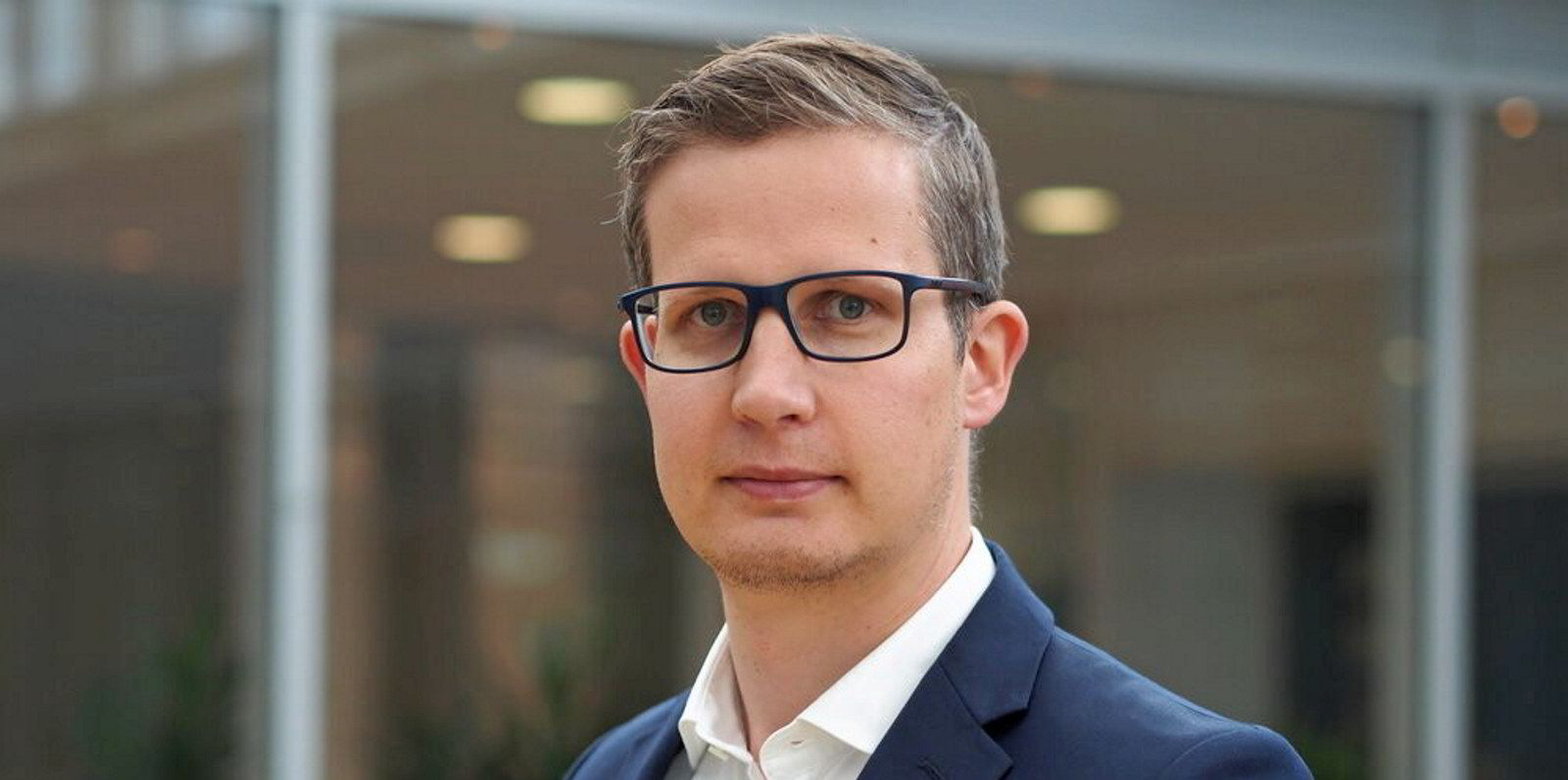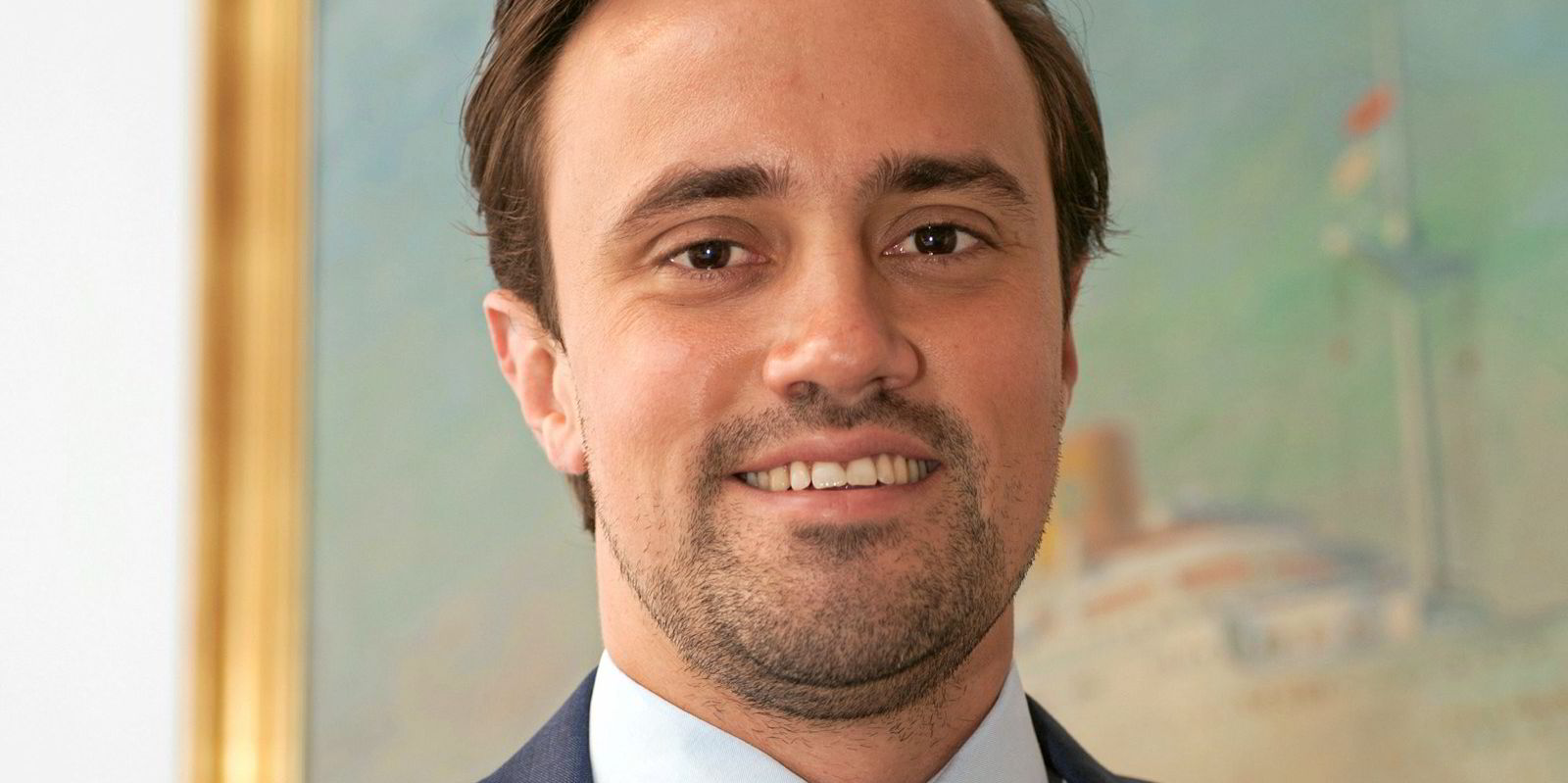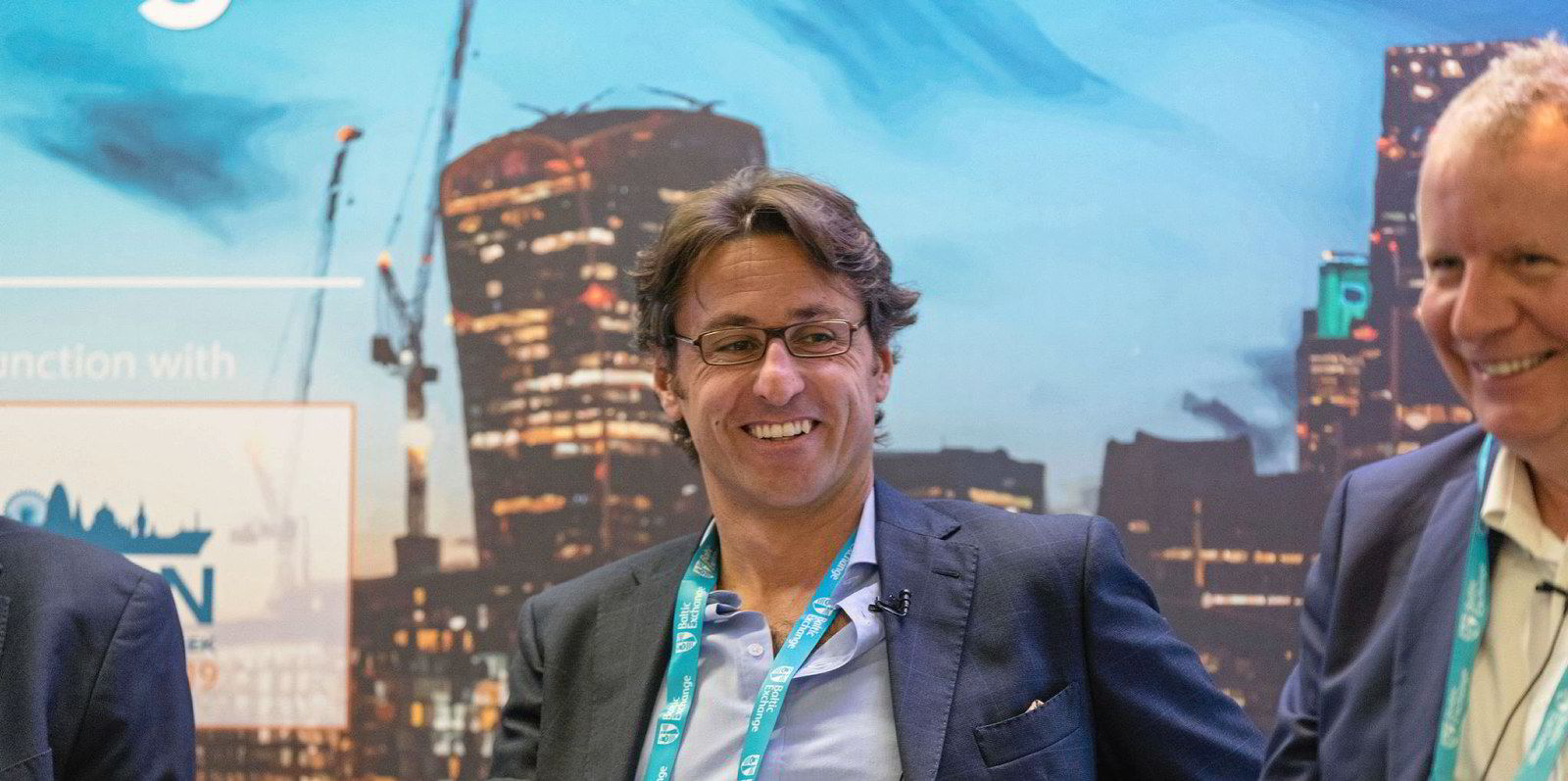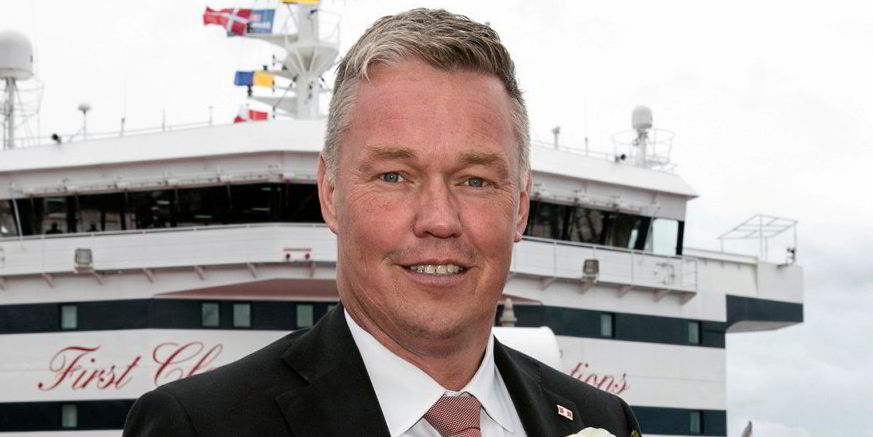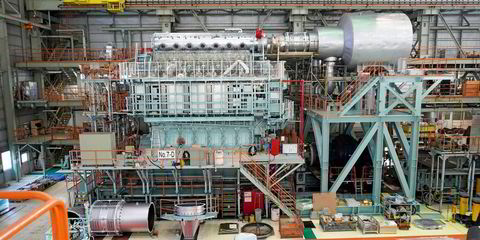Norway's Torvald Klaveness is offering a new way for owners and charterers to finance their decarbonisation efforts.
The idea is to capitalise on growing interest in "insetting", rather than of offsetting, CO2 emissions.
The company believes that this effectively means keeping investment in carbon-reduction projects inside shipping in a win-win situation for the sector.
Spearheaded by the shipowner's decarbonisation company, ZeroLab by Klaveness, the idea is to enable all participants in the supply chain to collaborate.
"ZeroLab by Klaveness is certain that insetting will be an important tool to speed up decarbonisation and is pleased to announce its first collaboration in this area," the company said.
Klaveness believes regular offsets blur the real cost of cutting emissions.
Martin Prokosch, head of ZeroLab by Klaveness, said: "Insetting refers to the purchase of emission-reduction credits within a company's relevant value chain.
"It differs from offsetting in that it drives funding towards the technology we need to develop for shipping to decarbonise by 2050."
Biofuel project kicks off insetting
The first insetting project is a partnership with Dutch company GoodShipping on biofuels.
Klaveness plans to offer all charterers the opportunity to compensate for their shipping-related emissions through paying for the green bunkers.
Janne Erxleben, business development manager at GoodShipping, said: "Our solution is based on the principle of mass-balance, meaning that we facilitate a fuel switch, and the volume of sustainable biofuel that reduces charterers' emissions will be fuelled into a pre-selected vessel that would have normally run on fossil fuel."
GoodFuels — GoodShipping's affiliate — is a leading supplier of biofuels.
Ingrid Kylstad, sustainability lead at ZeroLab by Klaveness, said: "Cargo owners have an important role to play by increasing demand for climate-friendly shipping, and we are confident that our new offering will be well-received by the front-runners.
"No chain is stronger than its weakest link. That also goes for supply chains: all participants must come together to demand, deliver, finance and support decarbonisation."
The eventual aim is to have a suite of inset options based on the various ways to decarbonise shipping.
Klaveness argues that the industry is a tough one to turn green.
A $300bn industry?
The group believes the abatement cost per tonne of CO2-equivalents (CO2e) is significantly higher than for many other sectors, estimated at around $100 per tonne.
This is in line with estimates of between $1trn and $2trn to decarbonise the maritime industry.
Klaveness calculates that shipping needs to cut 15bn tonnes of emissions by 2050 to meet IMO targets.
If around 20% of this is realised through insetting, the total market turnover for these credits would be $300bn over the next 30 years — using the $100-per-tonne figure.
50bn trees or biofuel?
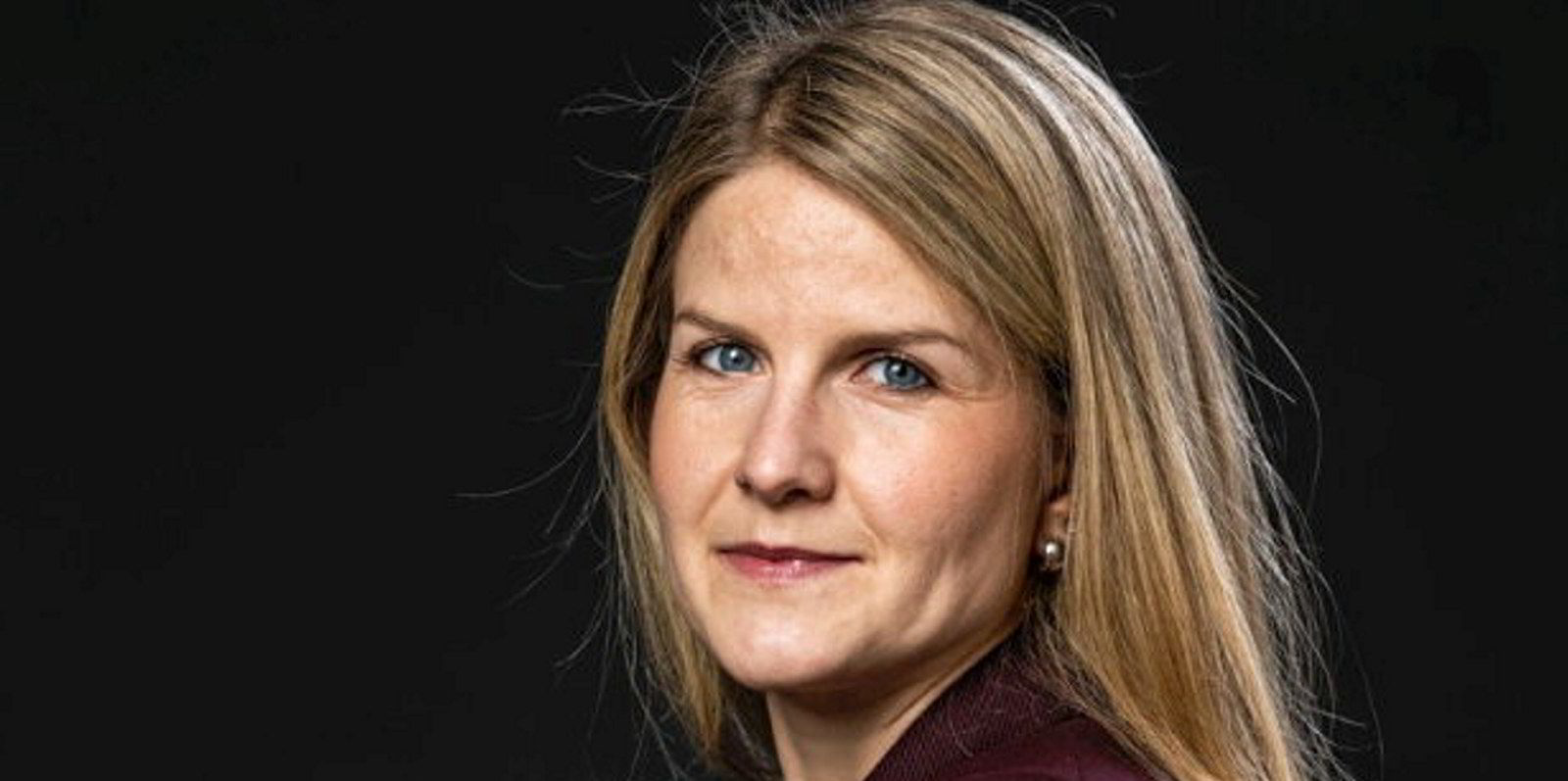
"To achieve a similar impact on CO2e through regular offsets, for example through carbon sequestration, you would have to plant 50bn tree seedlings and grow each of them for 10 years," Prokosch said.
"Not a bad word about tree seedlings but as a shipping company, we need to focus on accelerating the transition in shipping. Shipping cannot wait until all other sectors have decarbonised; we need to get to grips with our own emissions immediately."
